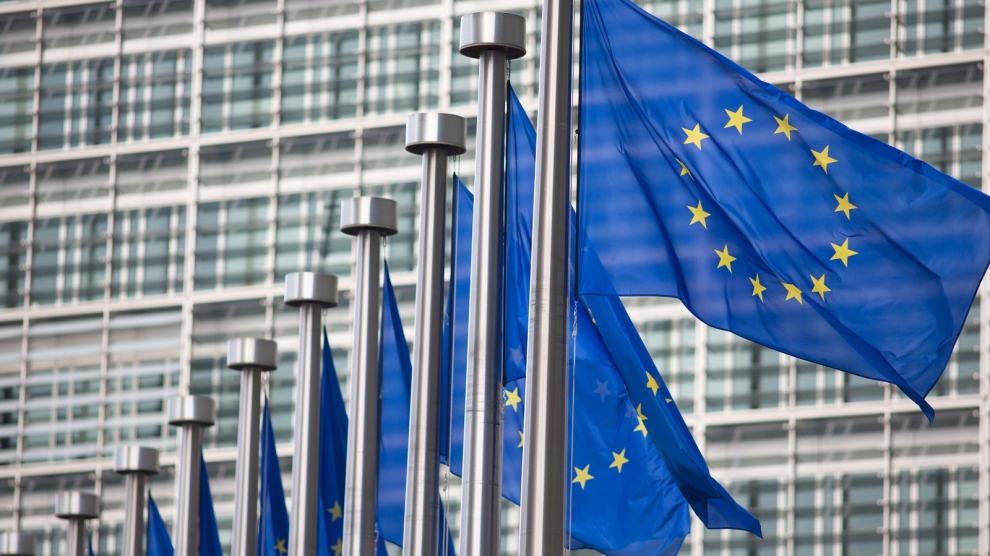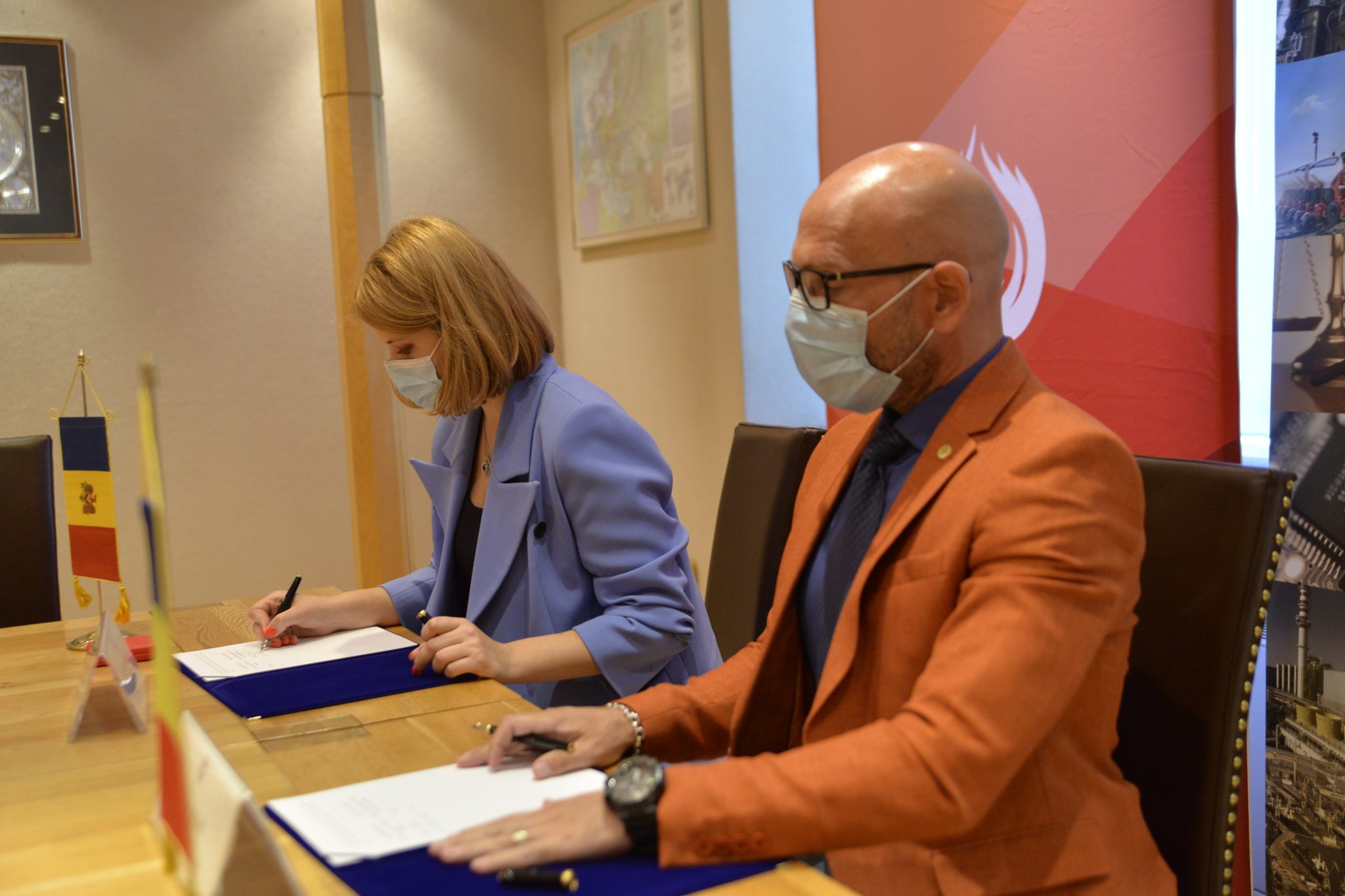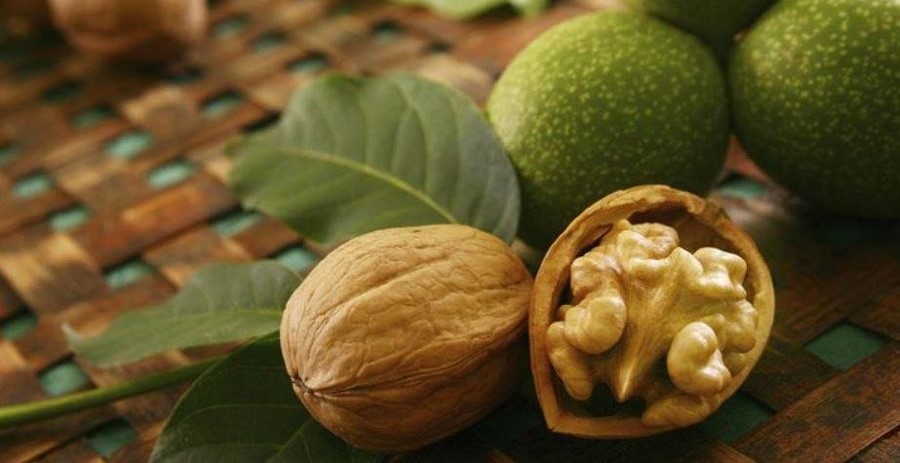Economy
Moldova: World Bank Launches New Partnership Strategy
Reading Time: 3 minutesThe World Bank Board of Directors today approved the Country Partnership Strategy (CPS) for the Republic of Moldova for 2009-2012.
On Jan 29, 2008, the World Bank Board of Directors approved the Country Partnership Strategy (CPS) for the Republic of Moldova for 2009-2012. The CPS is the main assistance framework at the country level, which will guide the World Bank’s interventions in Moldova over the next four years.
“In a challenging global environment, the Republic of Moldova has set the course to modernize its economy and build a prosperous European future,” said Melanie Marlett, World Bank Country Manager for Moldova. “The new Country Partnership Strategy aims to build on our previous successes and provides a flexible framework to help Moldova weather global risks.”
Development assistance efforts in Moldova over the next four years will aim to support a sustainable growth strategy, which capitalizes on opportunities for remittance flows to be used productively to allow the country to increase private savings and investment.
“Moldova’s greatest asset is its people”, said Martin Raiser, World Bank Country Director for Moldova, Belarus and Ukraine. “We aim to support the country in harnessing this strength for business opportunities at home.”
The new CPS aims to lay the foundations for inclusive economic growth in Moldova by:
* improving economic competitiveness to support sustainable economic growth;
* minimizing social and environmental risks, building human capital, and promoting social inclusion; and
* improving public sector governance.
These areas of World Bank support are consistent with Moldova’s national development priorities for 2008-2011 and other development efforts.
The CPS foresees total commitments of around US$45-50 million per annum, part of which will be channeled through direct budgetary support. The CPS will also support investments in modernizing Moldova’s infrastructure and improving access to public services, as well as projects with regional or global environmental benefits.
In addition to its lending operations, the World Bank Group will provide a range of analytical and advisory services in support of Moldova’s development agenda set forth in the National Development Strategy (NDS). These efforts will be complemented by an ongoing commitment to promote and provide investments and guarantees, through Bank Group institutions (IFC and MIGA), to strengthen and expand financial and private sector growth.
Moldova’s Development Results
Moldova has made great strides over the last four years. The World Bank has been active supporting Moldova in areas as diverse as rural business development, energy efficiency, and investment in community initiatives.
Water Supply
The World Bank is supporting Moldova as it increases connectivity to water and improves the quality. Approximately 20 percent of city dwellers lack access to clean water and 37 percent lack access to sewerage. In areas where the World Bank has supported pilot programs, water supply per day in the pilot areas is now 18-24 hours.
Water losses due to leaks and decaying infrastructure have been reduced, and water consumption per capita has almost doubled. Another important improvement in pilot areas is evident in the quality of the water − 100 percent of microbiological water quality samples in pilot areas passed inspection, whereas previously 10 percent of samples were contaminated with coliforms.
Education
The Bank is supporting the rehabilitation of 33 kindergartens and 15 alternative community based centers – reparing buildings that were damaged or aging. Teaching quality is set to improve as well, with training completed for 2,600 managers and pre-school teachers. Their efforts are bolstered by new teaching materials and equipment that were delivered in early 2008.
The Environment
There are a number of successes being made in Moldova in protecting the environment. 11 biomass boilers were installed in demonstration sites under the Renewable Energy from Agricultural Waste Project to act as catalysts for the introduction and promotion of the use of agricultural waste. Soil conservation projects will lead to a reduction of CO2 emissions of 4.3 million tons over the next 10 years. Further, 100 percent of Persistent Organic Pollutants have been managed or destroyed entirely, a total of 1,272 tons of pesticides and 17,300 capacitators of PCBs.
Business Reforms
To make it easier to do business, as part of the Competitiveness Enhancement Project the Government completed a review of relevant legislation and proposed amendments to some 80 laws affecting business operations. Because of its capacity to cut red tape, the law was named Guillotine II. In addition, business owners will also be able to voice their views through a committee set up to address new policies affecting the business environment.
The Rural Investment and Services Project has overseen 194 new businesses created in rural areas during 2006-2007, and 149 loans have been provided to rural beneficiaries in 2006-2007, through the same project.
Property rights have also been strengthened, and a unified real estate cadastre for urban and rural land established. The affects have been evident in the surge in activity in the now fully functional real estate market. The number of transactions grew from 23.6 thousand in 1999, to 201.6 thousand in 2006.
Economy
Moldova will receive a disbursement of 36 million euros as part of the the Economic Recovery Plan

This week, the European Commission approved the disbursement of 36 million euros in grant money for the Republic of Moldova. The announcement was made by Deputy Director-General for Neighbourhood Policy and Enlargement Negotiations at the European Commission, Katarina Mathernova, who paid an official visit to the Republic of Moldova between September 13-15, together with Managing Director for Russia, Eastern Partnership, Central Asia, Regional cooperation and OSCE, at the European External Action Service, Michael Siebert.
The EU officials had meetings with President Maia Sandu, Minister of Foreign Affairs and European Integration, Nicu Popescu, Speaker of Parliament, Igor Grosu, Prime Minister of the country, Natalia Gavrilita, as well as key representatives of Government, international financial institutions and the civil society, according to a press release issued by the Delegation of the European Union to the Republic of Moldova.
Beside such topics as the EU-Moldova relations and prospects, the priorities of the reform agenda of the new Moldovan Government, preparations for the Eastern Partnership Summit at the end of the year and the Transnistrian conflict settlement, the officials also discussed the EU assistance in support of reforms and the Economic Recovery Plan for Moldova, which was announced in June with a total EU support of 600 million euros over the next 3 years.
“The first measures under the Economic Recovery Plan will shortly materialize, with the expected disbursement of 36 million euros in grant money under budget support programmes to support the authorities’ efforts to fight against the consequences of the pandemic. Moldova can count on EU’s assistance on its path to reforms and to recovery, bringing tangible results to citizens,” Katarina Mathernova stated.
The plan is based on assistance provided by the European Union through various bilateral and regional instruments, aiming to mobilize the funds in the form of grants, loans, guarantees and macro-financial assistance.
“The Economic Recovery Plan for the Republic of Moldova involves much more, not just this financial support provided immediately. It must help digital transformation, strengthen infrastructure, energy efficiency, education and support small and medium-sized enterprises,” the EU official also said.
As Prime Minister Natalia Gavrilita informed, “The Economic Recovery Plan and the 5 flagship initiatives for Moldova in the Eastern Partnership will directly contribute to the reform and consolidation of institutions, stimulate long-term socio-economic development, bring direct benefits to citizens, and unleash new economic opportunities through promoting the green agenda and digitization. Small and medium-sized enterprises (SMEs) have been hit hard by the crisis. Promoting and diversifying access to finance and reducing collateral requirements will be essential in supporting economic operators. We are grateful to the EU partners who will launch two programs to support 50 000 independent Moldovan SMEs to adapt to the new conditions.”
President of the Republic of Moldova, Maia Sandu, welcomed the decision of the European Union to disburse about 745 million lei in grant money, as the official page of the President’s Office announced. “EU support comes after a long period of freezing of European assistance, caused by former governments. We managed to relaunch the political dialogue with the European Union and resume financial assistance. The Republic of Moldova is gradually regaining the trust of its strategic partners. This European support is also a signal of encouragement for the new Government team in its commitment to clean up the institutions, fight corruption and launch development programs in the country,” said Maia Sandu.
Photo: unknown
Economy
Romania and Moldova signed a partnership memorandum pledging to cooperate in promoting their wines

The Chamber of Commerce and Industry of Romania (CCIR) and the National Office for Vine and Wine (NOVW) of the Republic of Moldova signed, last week, a memorandum of cooperation on organizing joint promotional activities in the markets of common interest, as the CCIR announced.
China, Japan or the USA are just some of the markets targeted by the Romanian and Moldovan institutions. The memorandum also involves advertising activities for wines from common indigenous varieties, promoting the oeno-tourist region, developing a tourist route in the two states, exchange of experience, study visits, and mutual support in identifying new export opportunities. “We are very confident that this collaboration between our organizations will lead to sustainable economic growth and a higher degree of well-being among Moldovans and Romanians,” claimed Deputy Secretary-General of CCIR, Bogdan Visan.
On the other hand, Director of the NOVW, Cristina Frolov, declared that no open competition with Romania is aimed at the governmental level of the Republic of Moldova. “This request for collaboration is a consequence of the partnership principle. Romania imports 10-12% of the wine it consumes, and we want to take more from this import quota. Every year, the Romanian market grows by approximately 2.8%, as it happened in 2020, and we are interested in taking a maximum share of this percentage of imported wines without entering into direct competition with the Romanian producer,” the Moldovan official said. She also mentioned that Moldova aims at increasing the market share of wine production by at least 50% compared to 2020, and the number of producers present on the Romanian market – by at least 40%.

Source: ccir.ro
**
According to the data of the Romanian National Trade Register Office, the total value of Romania-Moldova trade was 1.7 billion euros at the end of last year and over 805 million euros at the end of May 2021. In July 2021, there were 6 522 companies from the Republic of Moldova in Romania, with a total capital value of 45.9 million euros.
The data of Moldova’s National Office of Vine and Wine showed that, in the first 7 months of 2021, the total quantity of bottled wine was about 27 million litres (registering an increase of 10% as compared to the same period last year), with a value of more than one billion lei, which is 32% more than the same period last year. Moldovan wines were awarded 956 medals at 32 international competitions in 2020.
Photo: ccir.ro
Economy
Moldova’s hope to be a top walnut exporter and its main difficulties

The Republic of Moldova has perfect weather conditions for growing walnut trees, that creating a great potential of walnut production and trade, especially on international markets, where the demand is way higher than the product’s supply. National and international experts believe that the country’s walnut production industry is on the verge of important transformations, which could lead to increased yields, quality and competitiveness worldwide.
According to authorities, Moldova exports 34-35 thousand tons of walnuts in shell, which is about 7% of the total export of fruit and 5% of the total export of horticultural products. The export value is assessed as being $120 million, that being 57-60% of the total fruit export value and about 50% of horticultural export value. Most of walnut crops are exported to the EU countries, such as France, Germany, the Netherlands, Romania and Austria. The country’s exports were among the world’s top 10 when it comes to the highest dollar value of the product during 2020.
Viorel Gherciu, Minister of Agriculture and Food Industry, pointed out that the production in the domestic walnut industry has increased by 55% in the last five years, which ranks Moldova among the main producers in the world.
“The biggest opportunity for this industry is that we are in the geographical proximity of the largest walnut import area in the world, which is the European Union, with almost 40% of total imports in the world. We are on the EU border, with privileged relations, with an Association Agreement. We already enjoy a good relationship in working with European importers, they trust our processors. A very close collaboration has been created and this is, in fact, the guarantee for those who invest in the area,” claimed the president of the Walnut Producers Association, Oleg Tirsina.
The data provided by the National Bureau of Statistics show that there are 34.7 thousand hectares of walnut plantations in the country. 20.90 hectares are represented by orchards. 75% of planted orchards are formed of old varieties trees. 30-35% of the exported production comes from orchards, the rest comes from individual farmers and plantations along the roads. This means that the quality of walnut production is not at its maximum potential. Developing commercial plantations through orchards modernization and extension of walnut varieties would provide double yield and better quality, experts say.
Governmental support in the form of subsidizing solutions, foreign investments and credit options are indispensable for the industry development. One of the financing options is the credit line of the European Investment Bank Project. Since 2016, 15 producers and processors of nuts, almonds and hazelnuts have benefited from these loans with the total amount of investments worth 8.7 million euros. A further extension of the project would provide another 60 million euros for the modernization of the horticultural sector in general and for harvesting organic walnuts in particular.
Photo: heymoldova.com





















